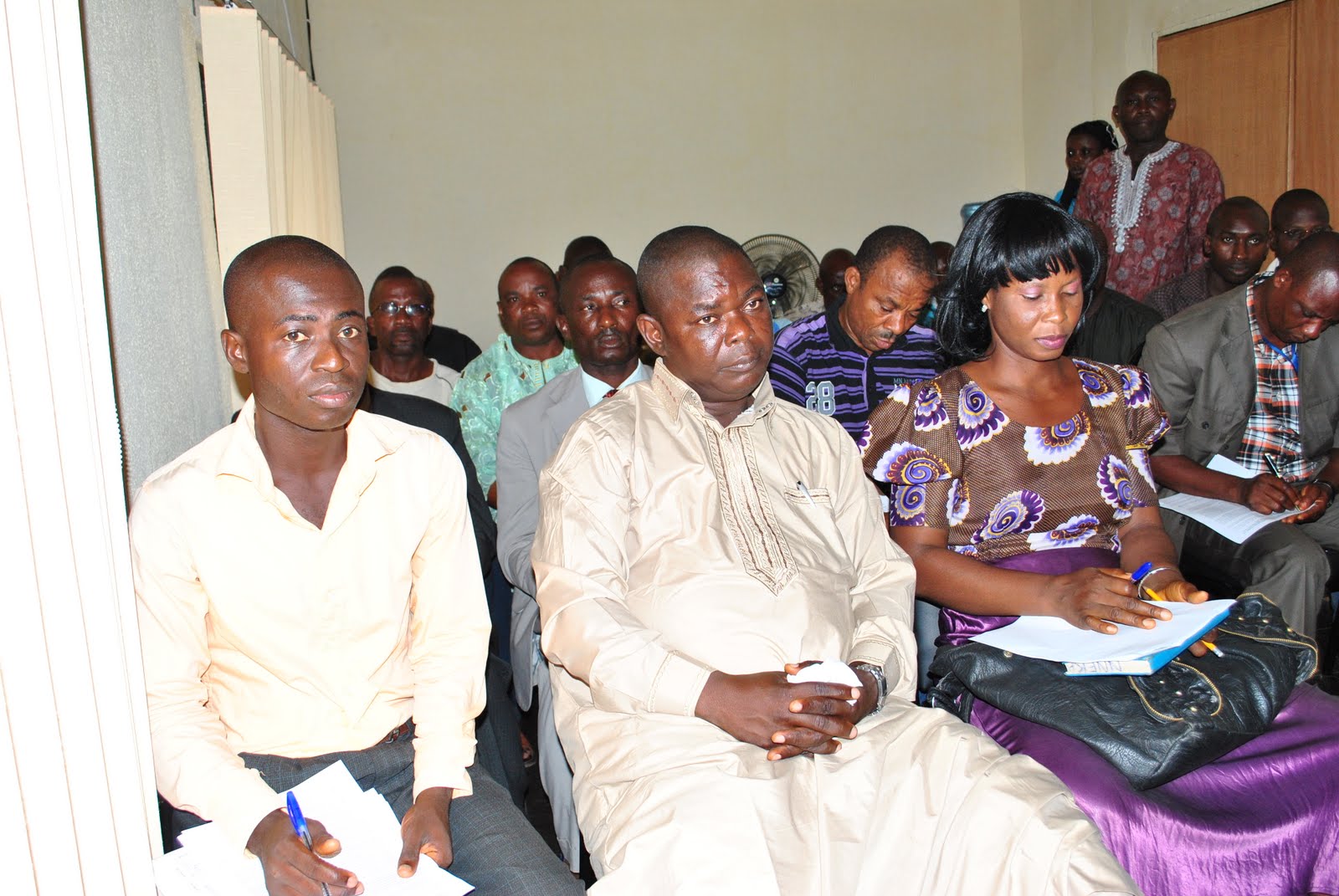Background/Political
Context
This month presented us with lots
of intrigues, squabbles, accusation and counter-accusation and security threats
ahead of 2015 elections. President Goodluck Jonathan on the 11th
declared his intention to contest for the 2015 presidential race just a day
after a suicide bomber denoted bomb in a secondary school in Yobe State,
killing 48 and injuring 78 students.[1] On
October 20th 2014, the Speaker of the House of Representatives, Aminu
Tambuwal, defected to the All Progressives Congress (APC) from the Peoples
Democratic Party (PDP). This was not without attendant issues leading to the
withdrawal of his security aids and call for removal by the PDP as speaker of
the House. The party congress held across the country to elect party delegates
were not without violence and squabbles.
This Security Threat Assessment (STA)
is the seventh in the series, it is the outcome of a field work that was
undertaken across the thirty six states of the federation and the Federal
Capital Abuja. The objectives of the STA are threefold to: a) Track and analyze
emerging trends that can either make or mar INEC’s preparedness towards the
2015 elections with specific reference to a credible and violence free election;
b) Identify security hotspots, players and drivers of violence and; c) Provide
specific recommendations to INEC, other institutions and actors towards
violence free elections.
Key
Risk Factors
- Boko Haram insurgency in the north east: Until the situation in the north east is addressed we cannot rule out the possibility of more attacks across the country. In the last three years, all the states in the north east and some parts of North West (Kano, Kaduna and Jigawa) have been attacked by Boko Haram. It is even more likely now that electioneering is fast picking up. Criminal elements and political party thugs can disguise as Boko Haram to perpetuate mayhem on opposition groups;
- Partisanship of security institutions: There are strong cases of partisan control of security institutions in the country. The federal government has been partisan in its use of the police and the state security service. This could be major threat to security. As we get close to elections, the feeling of political repression could be major risk factors. The incidence of police invasion of the national assembly and how police supported a minority group to impeach the Speaker of Ekiti State house of Assembly is not only clear reflection of partisanship that also indicates the possibility of security agencies being compromised during the 2015 elections. In reaction to this, opposition states are setting up their own security outfits which could serve as counterforce to the federal security agencies. The leadership of APC led a peaceful demonstration to the police Headquarters in Abuja in respect of this.
- Electoral manipulation: Vote rigging or perceived rigging will be the major trigger of violence in the region especially the gubernatorial and Presidential elections. It was perceived vote rigging that triggered the 2011 post-election violence. It appears certain that vote rigging or perceived manipulation of the electoral will trigger violence in Kano, Kaduna and Katsina state;
Recommendations
- PVC and Continuous Voter Registration. The increasing accusation of possible disenfranchisement by opposition political parties could be major threats to the election. INEC should respond to this with all seriousness. All the cases of missing data in voters registered should be addressed through extended continuous voter registration. INEC should ensure all registered voters received their PVC.
- The electoral commission should ensure free, fair and credible election. This can be achieved only if INEC commences early preparation for the elections. Some of these preparatory issues should include update of electoral laws, effective distribution of PVCs, update of voters register and training of ad hoc staff.
- Political Parties and Inter party dialogue should be encouraged. Although some of the gains are been reversed, Sokoto state government sets a good example a few months ago when it taken a number of steps to remove potential triggers and force candidates to adhere to agreed-upon norms. For example, in the North West, state officials banned the large campaign posters that have previously instigated fights between opposing supporters.
- Elite Crisis Mitigating Interventions: A key driver of violence is the zero-sum politics that have been linked to unsettled disagreement between political elites. Many of these conflicts are already brewing across States in the zone. It is necessary for some eminent persons with leverage to intervene to mediate in these conflicts as intra-party mediation mechanisms have been weakened by impunity.
- Training of Journalists on Conflict Sensitive Reporting: The manner the media has been reporting and is likely to report political rivalry and differences has implications for election security. A cursory examination of newspapers reveals high levels of sensationalism which if left unchecked could contribute to political or election-related violence. Media practitioners should be exposed to training on reporting of political conflicts to mitigate risk of their reports becoming triggers for violence.
To download the full report, visit www.cleen.org or cleenfoundation.blogspot.com
We will appreciate if you
could circulate this within your networks and send us your comments and
observation via email cleen@cleen.org
Thank you for your usual support and please accept assurances of our highest esteem
Thank you for your usual support and please accept assurances of our highest esteem
Support for the
production of Election Security Brief is provided by the MacArthur Foundation.
Follow
us on: twitter - @cleenfoundation @LegalOil @stopthebribes and facebook
- cleenfoundation




